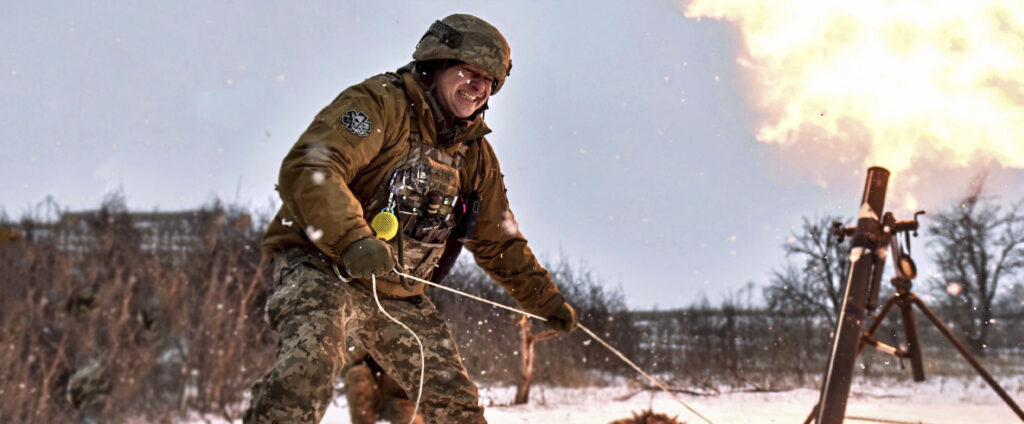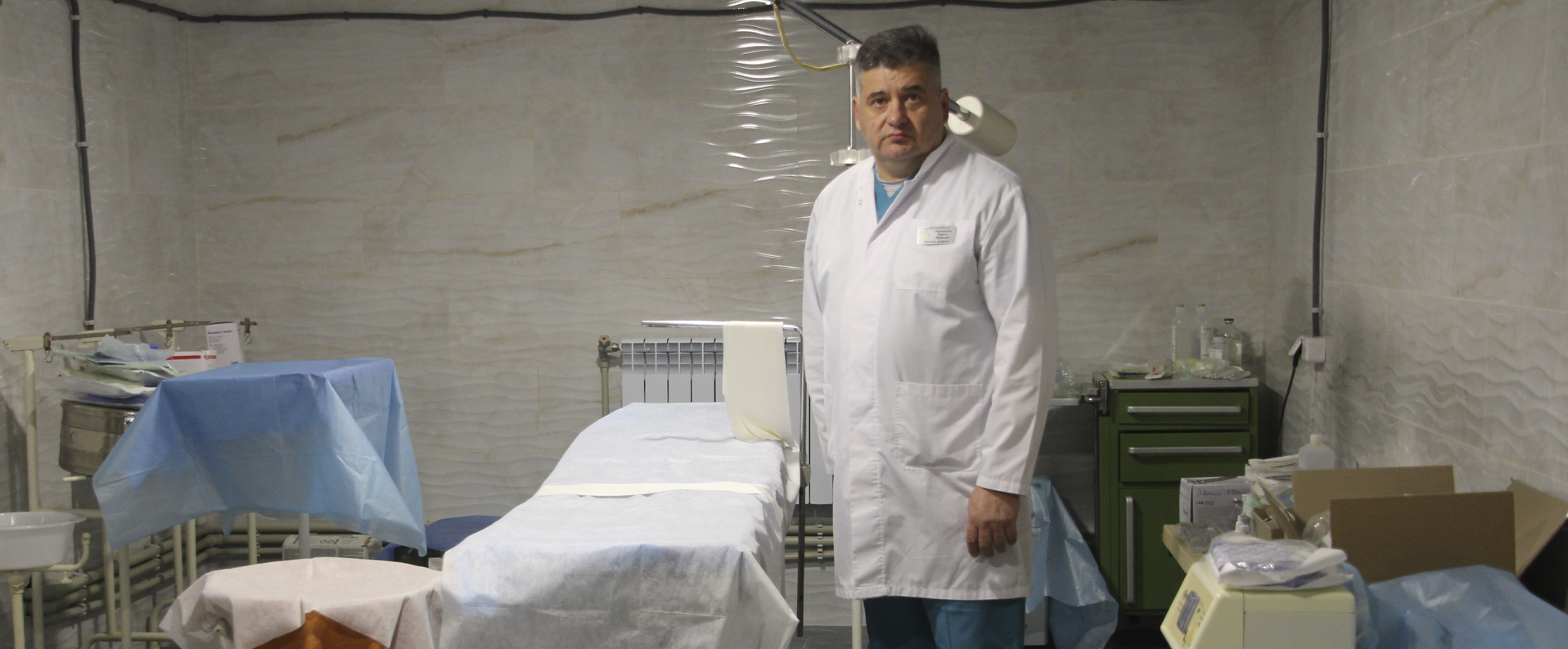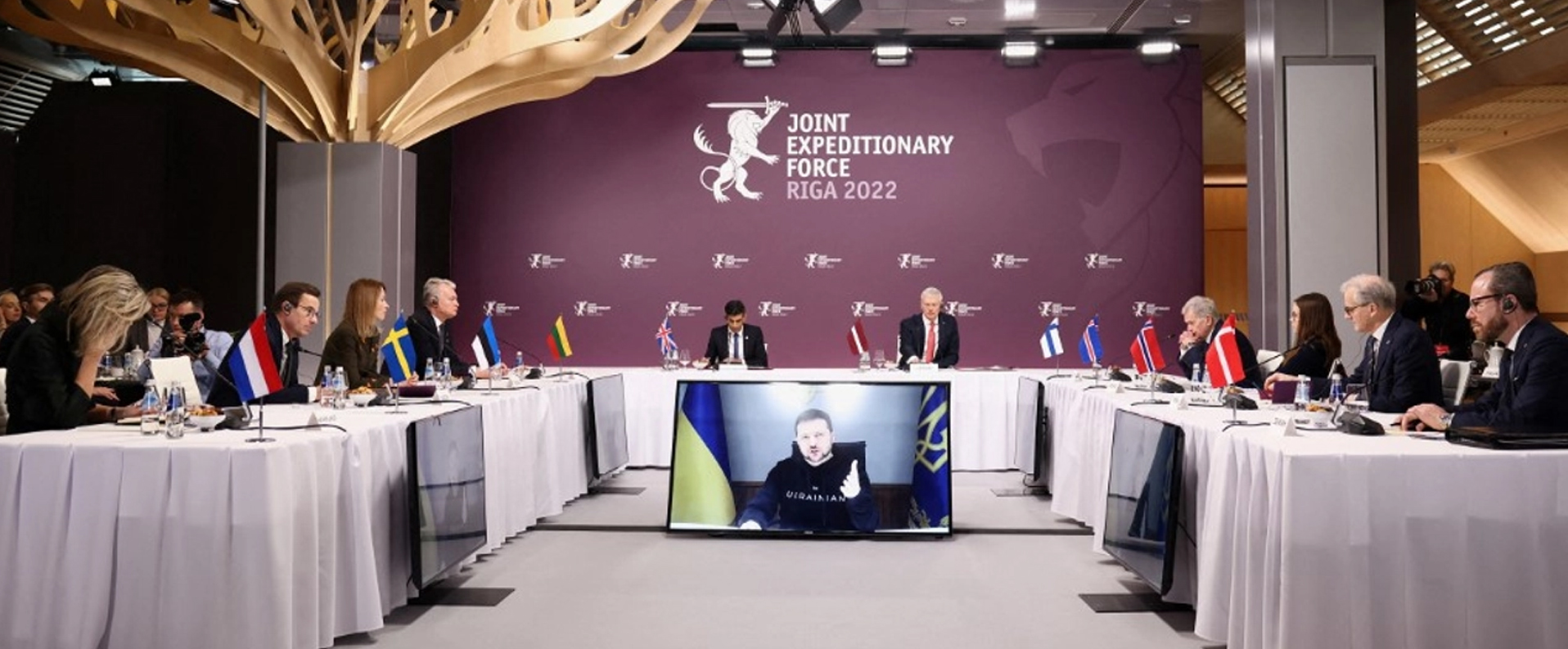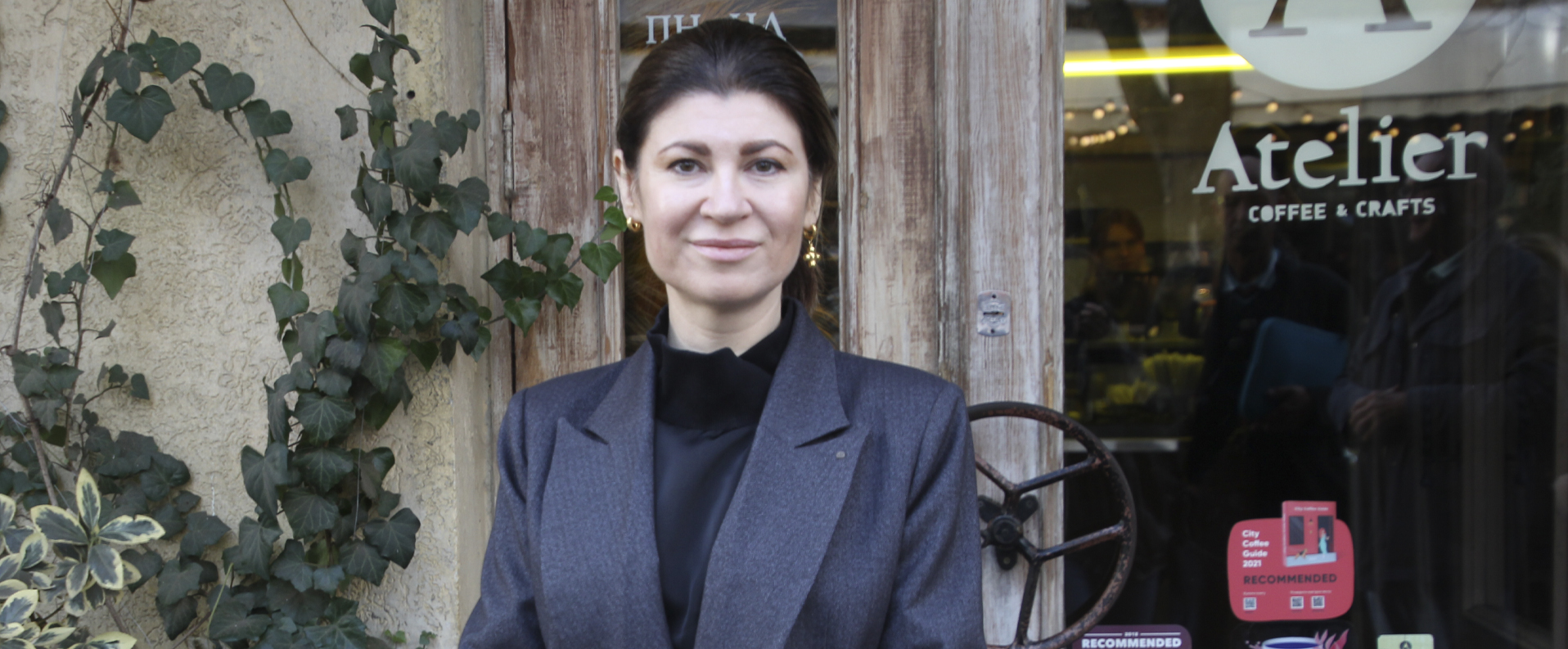
Published in The Mail on Sunday on 11 February 2024.
Why are we fighting Ukraine’s war for them?’ is an inane comment that angers me every time I hear it.
It would be far more logical for Ukrainian servicemen on the frontline to opine, ‘Why are we fighting the West’s war for them?’
When Ukraine faced a full-scale invasion by Russia two years ago, it could be argued that the West had already let the country down.
Since then, though Ukraine has received considerable support from the US, the UK and other Western countries, there is little doubt we could and should have done far more.
Saturday, February 24, marks a sad anniversary for Ukraine – it will be exactly two years since its citizens woke up to discover that thousands of enemy soldiers were spilling across the border from Russia and Belarus intent on conquering Europe’s second-largest country within days.
Due to a combination of incredible bravery from its Armed Forces and tactical blunders from its Russian counterparts, Ukraine was able to prevent the invaders sweeping into its capital, Kyiv, and within weeks it had forced a major retreat.
Since then, war has raged unabated, with more than half a million people on both sides either killed or wounded.
Today, Ukraine is at crisis point as Russia continues to hold a quarter of its territory: its allies, notably, the US, are suffering ‘war fatigue’ and the supply of money and weapons for Ukraine is in danger of drying up.
When President Volodymyr Zelensky visited Washington in December 2022 – his first foreign visit since the start of the war – he was given a glittering reception and hailed a war hero.
At the same time, the US announced its largest single delivery of arms to Ukraine – a Patriot missile system as part of £1.45billion in military aid.
When Zelensky returned to Washington a year later, there was no such fanfare and he was forced to bring the equivalent of a begging bowl as the Republicans in Congress blocked the next round of military aid worth £47billion.
An EU support package worth £50billion over three years was also later blocked, this time by Hungary, but this issue has now fortunately been resolved.
But why should the West continue to supply billions of pounds of military aid to Europe’s second largest country?
Ukraine had been preparing for an attempted all-out invasion by Russia since 2014, when its larger and more powerful neighbour illegally annexed Crimea and other areas in the east of the country.
I visited the frontline in 2018 as part of my research for my book White Flag? An Examination Of The UK’s Defence Capability.
In 2014, the world not only stood by and allowed Russia to seize vast amounts of land but, I was told during my visit, Ukraine had been quietly advised by its Western allies not to fight for the Crimea militarily, a decision that many later regretted.
I should declare an interest.
Since the start of the war, I have been a passionate supporter of Ukraine.
I have visited the war-torn country five times, including going to many cities and towns near the frontline such as Kharkiv, Kherson, Mykolaiv, Zaporizhzhia, Odesa and Kramatorsk.
I have witnessed unimaginable suffering and admirable courage from Ukrainians in equal measures.
Ukraine became a separate country after the disintegration of the Soviet Union in 1991. It is often forgotten – though not by Ukraine – that, in 1994, the governments of Russia, the US and the UK signed the Budapest Memorandum, under which they all agreed to ‘respect the Independence and Sovereignty and the existing borders of Ukraine’ and to ‘refrain from the threat or use of force’.
This was necessary because the US had persuaded, though some would say ‘bullied’, Ukraine into transferring all the former Soviet nuclear weapons on its territory to Russia.
It was only because of the memorandum that Ukraine felt safe in giving up the nuclear arsenal on its soil.
Since 2014, and most definitely since February 2022, Russia has clearly been in breach of that 1994 agreement but the US and the UK equally clearly have a moral obligation to defend Ukraine at all costs.
Over the past two years, the US, the UK and many other countries have provided billions of pounds in military aid to Ukraine – an array of military hardware without which Ukraine could not have fought its two-year war.
However, the West’s support has always had its limitations.
Indeed, it has often appeared to provide enough military aid to prevent Ukraine from losing the war but never enough to enable Ukraine to win the war. By prolonging the war, the death toll mounts to obscene levels.
Part of this restraint – including the unwillingness from the West to send its soldiers on to Ukrainian soil – stems from the fact that the US and other nations do not want the war to escalate into a global conflict.
Unsurprisingly, nobody in their right mind relishes the prospect of a nuclear war.
There is no doubt, however, that President Vladimir Putin’s ambitions for more territory do not end with Ukraine.
He is eyeing former Soviet Union territories such as Moldova, Latvia, Lithuania, Estonia and Georgia, to name only a handful of the republics that gained independence more than 30 years ago.
There are fears, too, that Western nations such as Finland and Sweden could be targeted, hence the desire of both countries last year to be accepted swiftly as members of Nato.
We should learn from history. The West was right to stand up to Saddam Hussein in August 1990 when Iraq invaded the tiny but oil-rich country of Kuwait.
If he had been allowed to get away with it, there is little doubt Saddam would have targeted other oil-rich countries in the region, including Saudi Arabia. But strong Western military action halted his plans.
Nato was formed in 1949 by 12 countries, including the US, UK, Canada and France.
It has 31 members across Europe and North America, which have agreed to help one another if one of them is attacked.
Ukraine would become a Nato member tomorrow if that offer was on the table, but it is not – member countries fear it would lead to a massive escalation of the conflict in Eastern Europe.
Similarly, Ukraine is seeking EU membership but, once again, that may not be granted for now.
If the West is not going to allow Ukraine to become a Nato member while still at war with Russia, we must, at the very least, maintain and, ideally, step up our level of military aid to the country.
Without such support from the West, everything now points to a Russian victory in the long term.
Putin has a much larger population at his disposal, he is willing to increase conscription to unprecedented levels and he does not seem to mind how many Russians die in order to win the war.
It made me proud to be British when Rishi Sunak visited Ukraine last month and told President Zelensky that Ukraine ‘will never be alone’, while at the same time announcing £2.5billion of military aid over the coming year.
Our Prime Minister was also right when he said: ‘It sends a strong signal to Putin and others that we are here to stay. We are here to support Ukraine in the long term.’
Yes, Ukraine is fighting for its freedom, its very survival but it is fighting the West’s war, too.
President Zelensky was spot on when he said last month that by supporting Ukraine, Europe is supporting itself. ‘Giving us money or giving us weapons, you support yourself. You save your children, not ours,’ he said.
If the resolve of the US and Europe to defend Ukraine weakens, it would be a tragedy not just for Ukraine but for the world in general.
For we not only have a moral obligation to defend Ukraine but, if Russia is allowed to annex its neighbour, the world will be a much more dangerous place.
Read this article on:
MailOnline.com


